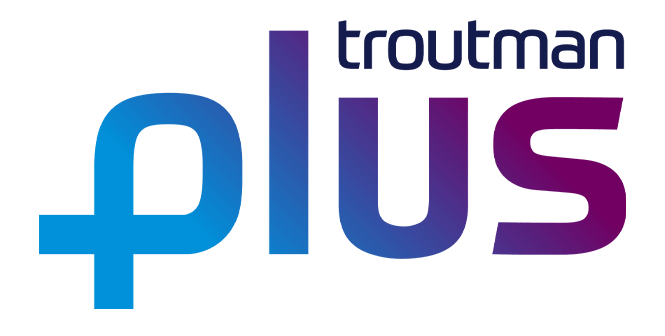As we approach March, how are you doing on your New Year’s resolutions? If you are not as far along as you had hoped, you are not alone. That’s because most people set resolutions that are broad or unrealistic. In Troutman Pepper’s Client Development and Executive Leadership Program, we tell our partners that resolutions must be “SMART” — specific, measurable, attainable, relevant, and time-bound — to be successful.
The idea of SMART objectives is not new, but it can be challenging for attorneys to apply to their business development goals. Luckily, there is an easy way to gain the intel you need to set SMART objectives — engaging in client feedback.
Here are some tips to get you back on track with your resolutions:
Specific: A broad objective sets you up for failure because it can be difficult to know where to start. If your objective is to “grow your book of business,” where do you concentrate your efforts? A well-defined objective that is focused on a particular client, industry, or type of work has a much greater chance of success. Client feedback can help narrow your objective by focusing on where there is true opportunity. Instead of “growing your book of business,” you can aim to be retained for a new matter that your client identified as a priority in feedback.
Measurable: An objective that is not measurable has no chance of success. For our example of “growing your book of business,” how do you know when you have achieved your objective? When you increase your fees received? When you add new clients? Again, client feedback can help you define clear metrics around your goal. Ask your clients about the issues they are facing, what their budget looks like, and whether there are barriers to hiring outside counsel. Then, set a measurable goal that reflects what you have learned.
Attainable: Your objectives should be bold and challenging, but not so difficult that they cannot be realistically achieved. For example, setting a goal of doubling your work for a particular client in 2022 is specific and measurable — but if that client is going through the process of consolidating outside counsel, your objective may not be achievable no matter your efforts. Gathering client feedback will help you understand your clients’ needs and goals to make sure your objectives align with theirs.
Relevant: When we coach partners on client development, we tell them they must make sure the client is buying what they are offering. You should not set a goal of increasing litigation work with a client that is expecting to wrap up most of their litigation this year. Client feedback can help you clarify true client needs so you can set an objective that is relevant to those needs.
Time-Based: Beware the ongoing objective. All objectives need to have a clear end date to keep you motivated and on track. And client feedback can help you set end dates that are achievable and client-focused. Consider your client’s upcoming priorities, deadlines, and important company developments in setting the time period to achieve your objective.
Your approach to soliciting client feedback will look different for each client — from formal feedback interviews to quick relationship check-ins — but, no matter the format, you are sure to receive valuable insight that will help you create achievable, client-centric goals.




